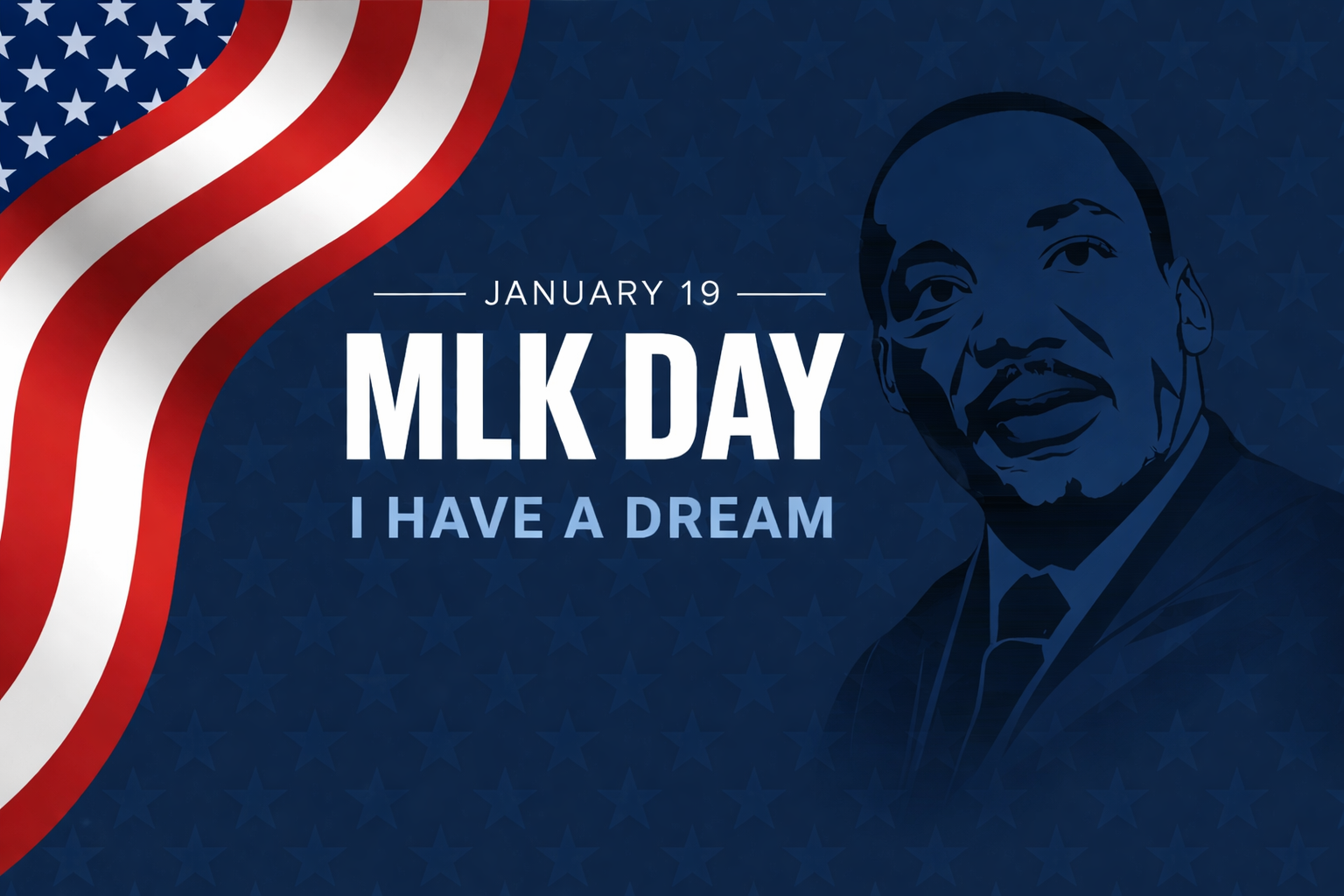Veteran's Day - Honoring Those Who Served
Flink Maswick Law • November 11, 2024
To all who have served, we honor your bravery, commitment and courage. Your sacrifices protect our freedom and inspire our gratitude.
Thank you to all Veterans for your selfless service.


The ongoing renovations of Flink Maswick Law PLLC’s Tupper Lake office (and subsequent final touches and cleaning) will cause the office to remain closed for at least another week, through Friday, March 6, 2026. We hope to have the Tupper Lake office back up and running on March 9, 2026. However, this is a fluid situation based on the progress of the renovation work and cleaning. All Tupper Lake personnel are working out of the Lake Placid office during this time. Please direct all calls to our Lake Placid office. Thank you for your continued support and understanding. We cannot wait to show you the finished space!

Attorney Molly S. Hann joined a senior seminar class discussion at Keene Central School on February 13, 2026. The class was led by teacher Tonya Lackey and counselor Jatha Johnson. Local Attorney and colleague Amy L. Smith joined Flink Maswick Law PLLC’s Molly S. Hann to share and discuss advice the students might need to know as they turn 18 and enter the world as adults. The students read this article https://nysba.org/wp-content/uploads/2019/12/NowThatYouveTurned18Booklet.pdf in preparation for the classroom visit. Contact Flink Maswick Law PLLC if you are interested in having one of our attorneys join your class or speak to your group.

Flink Maswick Law PLLC’s office located at 56 Lake Street in Tupper Lake is temporarily closed for renovations. We anticipate the office will be closed for the next 3 weeks. During this time, all Tupper Lake attorneys and staff will be working from our Lake Placid office. Mail received to the Tupper Lake office will continue to be checked regularly, and all phone calls will be forwarded to our Lake Placid location. Thank you for your understanding and continued trust. We cannot wait to show the completed refinished space to the community!

Flink Maswick Law PLLC Partner Jill E. O’Sullivan Featured in New York Law Journal We are pleased to share that Attorney Jill E. O’Sullivan, a partner at Flink Maswick Law PLLC, was recently one of three members of the NY legal community featured in a New York Law Journal article entitled “ Courts, State Bar Collaborate to Recruit Attorneys to Rural New York ,” written by Brian Lee. The article, published on February 2, 2026, explores the Rural Ready program which is being developed by the New York State Bar Association and Unified Court System to address the dwindling number of attorneys in rural areas in Upstate New York. The article highlighted Third Department Appellate Division Justice Honorable Stanley Pritzker and Attorney Deborah J. Cohn, in addition to Attorney O’Sullivan, all of whom sought work in rural communities after relocating from more urban areas. Attorney O’Sullivan moved nearly 23 years ago from Westchester County to Saratoga Springs before finding her current home in Lake George. As Jill notes, quoted in the article, “I have never regretted my decision to move up here and practice in the very far northern reaches now.” Those of us at Flink Maswick are glad that Jill feels this way! Handling matrimonial, family, general civil law and commercial litigation as a partner at Flink Maswick Law PLLC, Attorney O’Sullivan practices most frequently in the furthest northeast corner of New York, including but not limited to Essex, Clinton, Franklin and St. Lawrence Counties. Flink Maswick Law PLLC is proud to have Attorney O’Sullivan as a partner and to see her leadership and perspective recognized by the New York Law Journal . The article also features a photo of Attorney O’Sullivan and is available here: Courts, State Bar Collaborate to Recruit Attorneys to Rural New York | Law.com (account required) The attorneys at Flink Maswick Law PLLC regularly speak to groups, clubs, organizations and classes, in addition to speaking to the press when circumstances are appropriate. If you are a member of the press or media and seek to discuss a matter with an attorney in our office, we invite you to contact Flink Maswick Law PLLC at (518) 523-2441 .

James Maswick, an attorney with Flink Maswick Law PLLC who primarily works in our Lake Placid Office, recently successfully defended a client in a New York State Department of Motor Vehicles Division of Safety and Business Hearings “Refusal Hearing”, when the client was charged with, among other things, Vehicle and Traffic Law 1192(4), operating a motor vehicle while impaired by drugs. The client allegedly refused to take multiple forms of chemical tests that the police officers allegedly sought to be administered. The successful defense led to the finding of "insufficient evidence" by the Administrative Law Judge in this matter. Maswick's defense for the client involved cross-examining two New York State Troopers in this matter. His client did not testify. If you or someone you know is in this situation or something similar and needs assistance, please do not hesitate to contact us.

Attorney James Maswick led the Flink Maswick Law PLLC team which secured a $100,000 settlement for a plaintiff client in a case involving a motor vehicle accident. This settlement included the insurance policy limits of the offending driver and recovering the maximum amount of coverage from our client's own insurance policy based on what occurred in the accident. This settlement underscores the importance of having appropriate Supplementary Underinsured Motorist coverage, commonly known as SUM coverage. Our client is particularly pleased that they had this coverage in place to protect themselves from dangerous drivers who do not have adequate insurance coverage or who carry insurance coverage which is only at the state minimum amount, and which was wholly inadequate to compensate the client for the injuries suffered. If you know someone who is in a situation where they have been injured in a motor vehicle accident, please do not hesitate to have them reach out to our firm for a free consultation. We represent and help folks who are injured in all sorts of personal injury cases, including motor vehicle accidents, and can review your options with you in any potential case you may have.

As the holiday season approaches, our team at Flink Maswick will be spending time celebrating the Holidays and Christmas with our friends and families. Our offices in Lake Placid and Tupper Lake will be closed from Wednesday, December 24, 2025 through Friday, December 26, 2025. All offices will reopen following the weekend on Monday, December 29, 2025 at 8:30 AM. We wish you and your loved ones a very Merry Christmas and Happy Holidays filled with peace, joy, and good health. Thank you for your continued trust and support.



